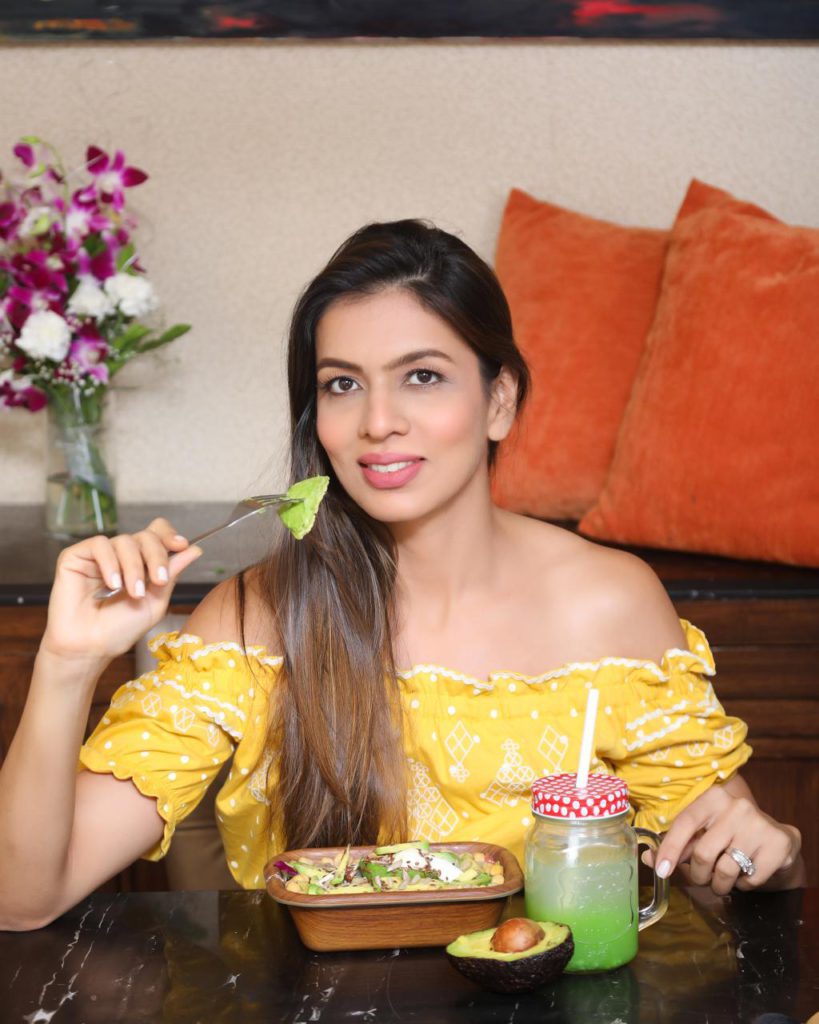Food is more than a basic necessity. It is the cornerstone of our well-being. While you eat to live, and foodies live to eat, it is essential that the food we consume is safe. Thus, the World Health Organization (WHO) observes World Food Safety Day on every June 7 to highlight the significance of safe food practices.
This year’s theme underlines the importance of being prepared for food safety incidents, no matter how mild or severe they can be. Food safety incidents are situations where there is a potential or confirmed health risk associated with food consumption. It can happen due to accidents, inadequate controls, food fraud or natural events.

While being ready to manage food safety incidents requires dedicated efforts from policymakers, food safety authorities, farmers and food business operators, consumers also can play an active role. Lucky for us, we have nutrition and wellness consultant Neha Sahaya to guide us. Whether it’s issues like fat loss, PCOS, thyroid, diabetes, or blood pressure, Neha is here to heal through food.
Also Read: World Environment Day: 3 Fashion Creators Share Experts Tips To Help Make Better Fashion Choices
We chatted with Neha to debunk food safety tips and facts. From pre-preparation to cooking to storing food, the nutrition consultant taught us how to ensure that the food we consume is safe. Read on:
What are some simple tips for ensuring our food is safe to eat, especially for those who are new to cooking?
- Always wash your hands before handling food
- Keep raw meat separate from other ingredients to prevent cross-contamination
- Avoid using refined oil and stick to cold-pressed oil
- Use wooden or steel cutting boards instead of plastic
- Use separate knives for meat and vegetables
- Store perishables in the refrigerator promptly
- Use clean utensils and cutting boards, and sanitize surfaces regularly
How can food influencers help spread awareness about food safety amongst their followers?
- All knowledge should be based on facts & published studies, and not personal experience or to get more likes and hits
- Share informative posts and stories about proper food handling and hygiene
- Collaborate with food safety experts like nutritionists with proper qualifications to create educational content.
- Highlight the importance of label reading in packaged products
- Don’t promote a product based on sponsorship but instead promote products that are genuinely good
For those of us who love experimenting with food trends on social media, what are some key safety tips to keep in mind?
- Research and understand the safety implications of new food trends
- Ensure all ingredients are fresh and from reliable sources.
- Understand if the food is actually healthy and has nutrients
- Avoid consuming raw or undercooked foods unless they are safe to eat (e.g., sushi-grade fish).
- Follow proper hygiene and sanitation practices while preparing trendy dishes.
Your series on “Neha Sahaya-approved packaged food” is one of our favourites! What are the top 5 packaged food brands that you approve of?
- MeV jars: a great healthy substitute for Nutella
- Cowboy Farms: daily Sukha Nasta like makhana, jowar puffs, biscuits made with top most ingredients
- Butternut company: clean almond and peanut butter
- Cosmix protein powder: clean protein powder with 6 to 7 ingredients
- Sorted deli: clean wraps and pizza base with ingredients which u can read and understand
Can you share some common food safety myths we shouldn’t fall for?
Myth: Organic food is always safe without washing.
Reality: All produce should be washed before consumption.
Myth: Leftovers are safe to eat indefinitely.
Reality: Leftovers should be consumed within 3-4 days. For example: leftover rice in the fridge can have moulding post 24 hrs.
Myth: Freezing food kills all bacteria.
Reality: Freezing slows bacterial growth but doesn’t kill all bacteria.
Myth: You can tell food is bad by smell alone.
Reality: Some harmful bacteria don’t produce odours.
Reading the ingredients list is extremely important when buying packaged food. What are some ingredients that are a definite NO?
- High fructose corn syrup
- Artificial sweeteners (like aspartame, saccharin)
- Trans fats (partially hydrogenated oils)
- Artificial colours and flavours
- Preservatives like sodium nitrate/nitrite
False marketing by food brands is being called out by many creators. What are your views on this and how important is this for our younger population to understand?
- False marketing is deceptive and undermines consumer trust
- It’s crucial for consumers, especially the younger generation, to understand how to read labels and research brands
- Promoting transparency and honest marketing helps foster a more informed and healthier consumer base
- Influencers and creators play a vital role in calling out misleading claims and educating their audience on how to make better food choices. They should use that power to spread correct information
Wow, how insightful was that?! This conversation makes us realise how essential it is to ensure the food we consume on a daily basis is safe to eat.


